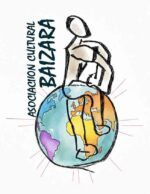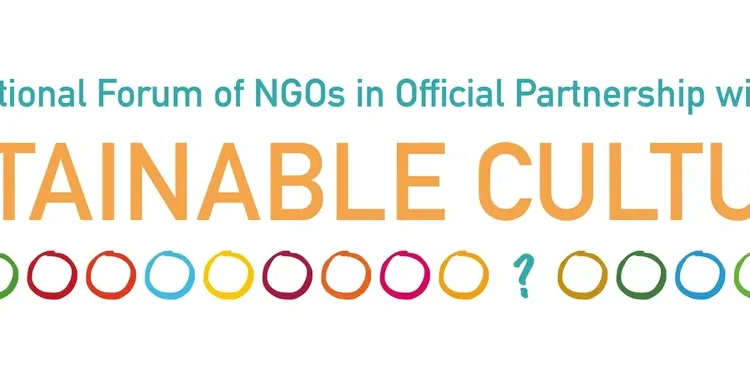UNESCO is the only UN Agency with a specific mandate on Culture. With its set of landmark Conventions and Recommendations in the field of culture, UNESCO advocates that no development can be sustainable without a strong culture component.
In the historic Mondiacult 2022 declaration, Ministers of Culture of the Member States of UNESCO recognized culture as a “global public good” and affirmed their commitment for “a forward-looking agenda that fully harnesses the transformative impact of culture for the sustainable development.” The same commitment was further reiterated and endorsed by UNESCO’s Governing Bodies in 2022 and 2023.
The role of culture in sustainable development is increasingly acknowledged and put forward in a number of economic and social policy fora. Its transversal impact across the public policy spectrum – from education, job creation and social inclusion to climate action, peace building and urban sustainability among others – enables governments to shape a comprehensive and integrated approach to sustainable development planning and implementation. More broadly, taking into account the cultural diversity of peoples and societies is a critical condition not only to ensure the effectiveness of development strategies and actions, but also to carve a rights-based approach to sustainable development, allowing all countries and communities to forge context-relevant, people- centred development pathways.
The absence of a sustainable development goal dedicated to culture within the 2030 Agenda has led to significant gaps in SDGs implementation and localization, notably by failing to build on the respective cultural capital of nations as an accelerator towards forging better equipped and more resilient societies able to face the diversity, complexity and interconnectedness of global shockwaves, while reaffirming the need to protect and promote pluralistic societies as a cornerstone of the exercise of universal human rights and the respect for human dignity, leaving no one behind.
THE FORUM
Under the title Sustainable Cultures, the XVI International Forum of NGOs in Official Partnership with UNESCO, organized by the NGO-UNESCO Liaison Committee, will bring together and connect a multitude of different stakeholders: the entire community of NGOs in official partnership with UNESCO as well as those working more specifically with the UNESCO conventions in the field of culture, Member States, other IGOs and the private sector to share, learn, explore the role of culture in sustainable development and support the achievement of a stand-alone goal on culture in the post- 2030 agenda.
Culture encompasses all areas of our life as well as the work of NGOs across all sectoral domains of mandate – culture, education, science, and communication and for this reason, the NGO-UNESCO Liaison Committee strongly believes that all NGOs, despite their specific field of action, can play a major role in this process.
Building a joint advocacy trajectory with NGOs and other partners will be essential to amplify the voice of NGOs on culture in the Pact for the Future, especially on topics where civil society voices will be particularly instrumental, such as the role of culture for youth engagement, climate action, employment or social inclusion among others. Such commitment will draw upon NGOs’ specific experience, knowledge and data in the field of culture and development, while also supporting their existing commitment in international policy fora as well as within UNESCO culture conventions.
In addition, NGOs will have the opportunity to discuss how a Culture Goal can transversally support the achievement of all SDGs and present ideas for the forthcoming UN Summit of the Future). In particular, during the Forum, all participating NGOs will have the opportunity to present their actions and activities which illustrate the interconnection between culture and other fields such as education, peace, science, climate change, human rights, gender equality or reducing inequalities. The two-day event will therefore convene high level experts from different backgrounds to highlight relevant contributions towards a Culture goal from NGOs, UNESCO and other stakeholders (governments, other UN agencies, etc.), elaborate common strategies and transversal actions, raise awareness across a broad NGO spectrum and empower them to take action and provide opportunities to share & learn among NGOs on actions and best practices carried in different fields.


